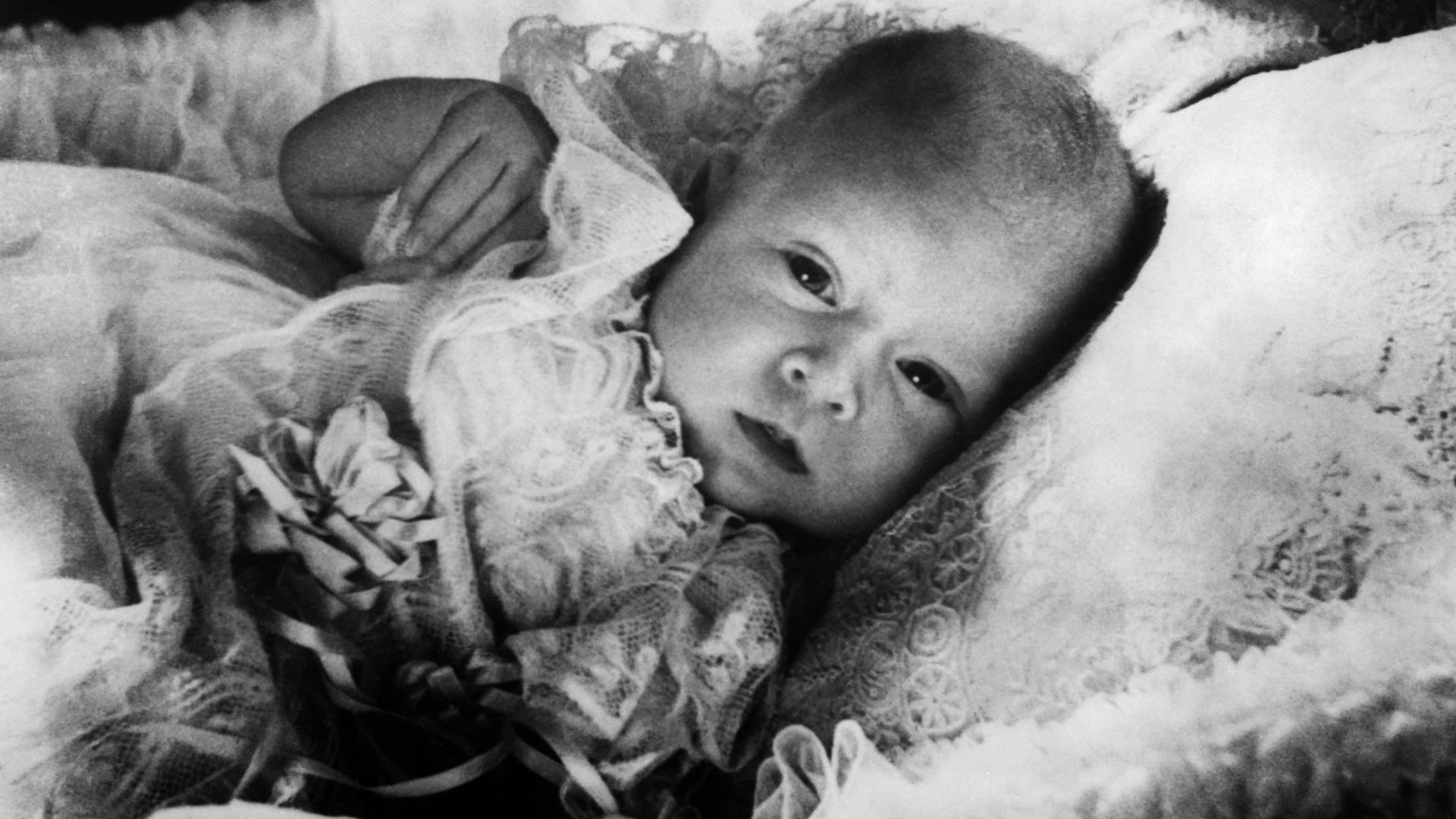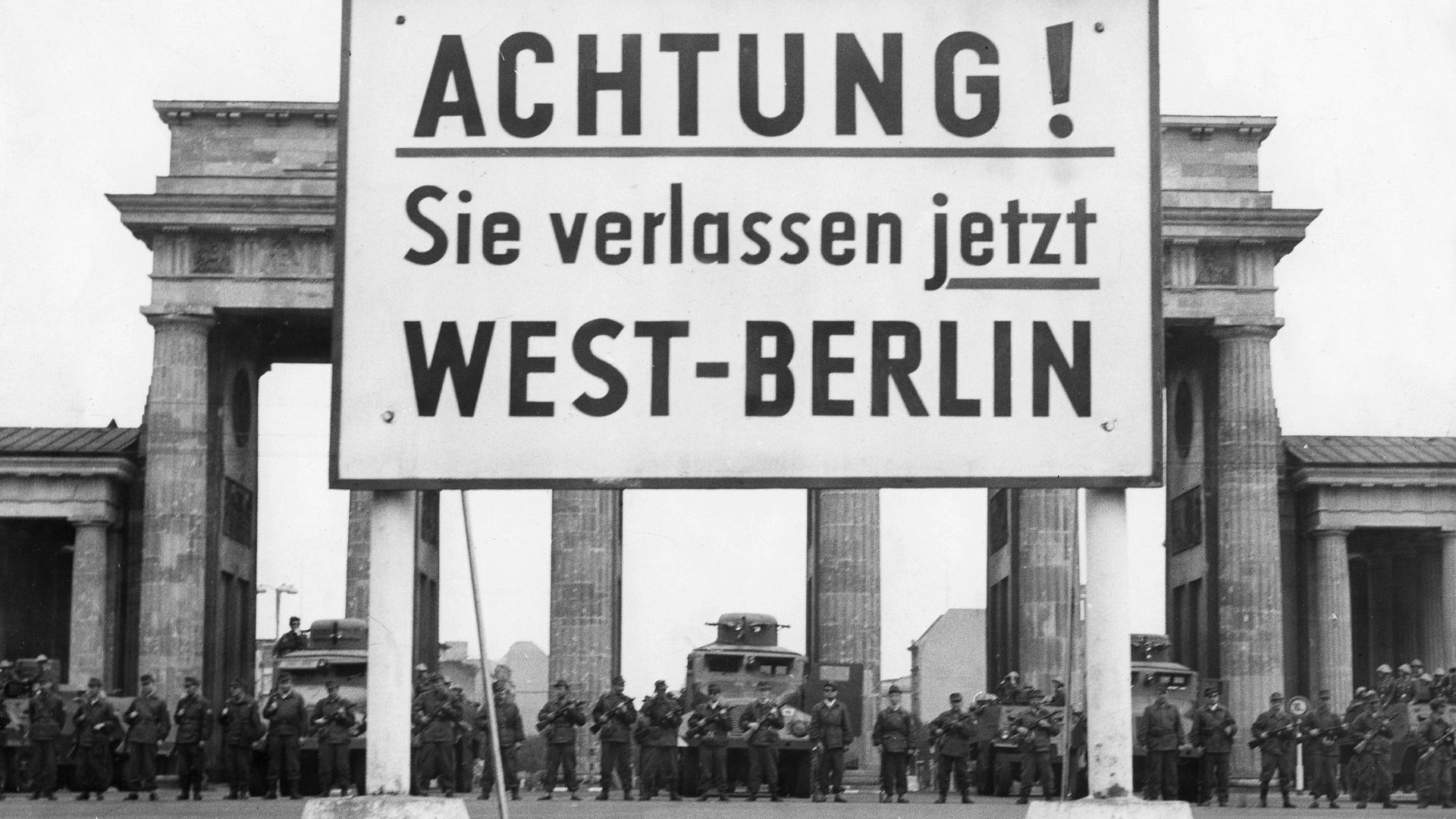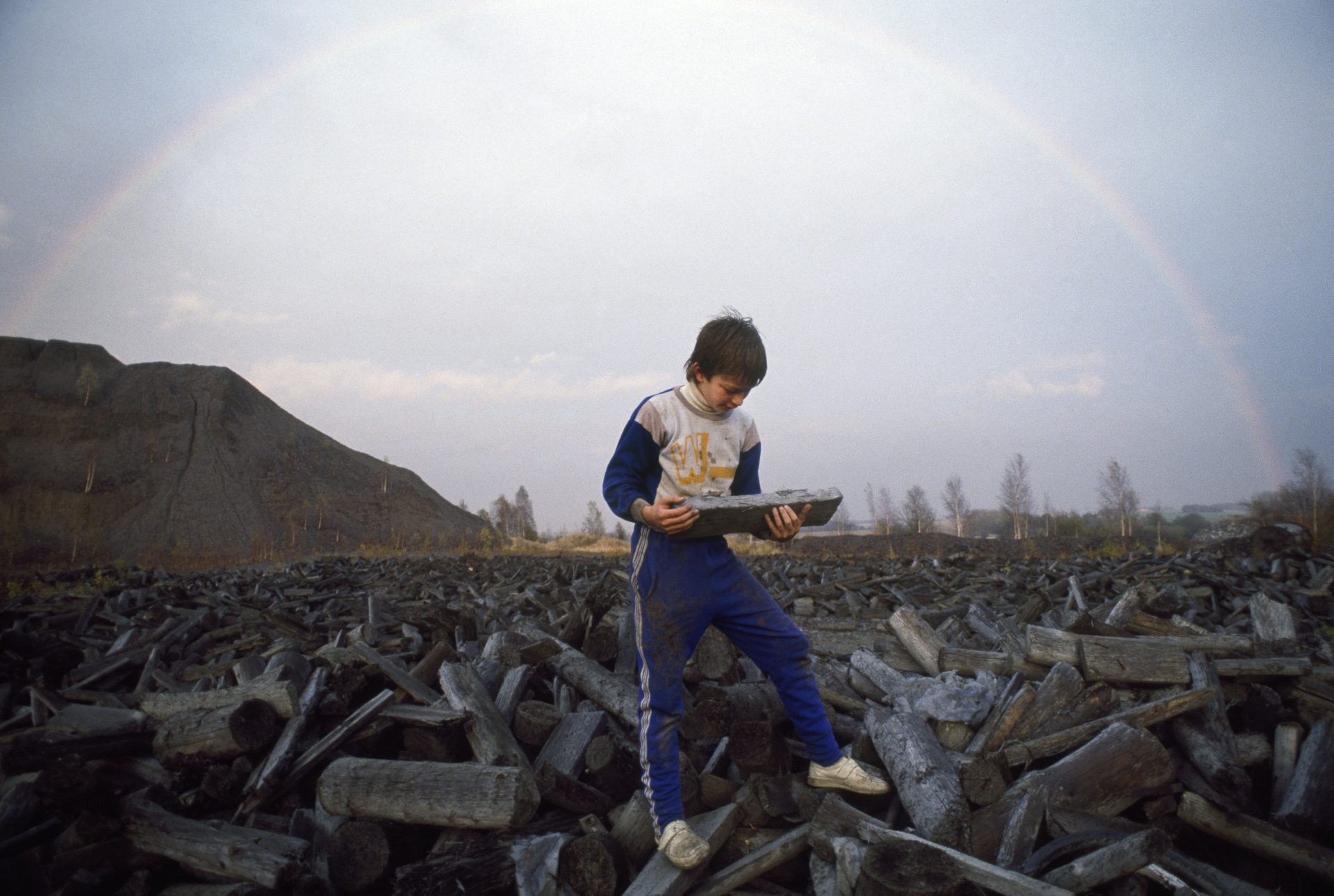At the Cenotaph, Prince Charles looked as if he had been crying. He has those kind of eyes and you never know if the tears are from laughter or from something sad.
I watch him a lot because I was born a “discipulus Caroli” (a follower of Charles).
I mean that literally. I was the first child of my young parents. My dad, after service in World War II, found a job sweeping floors in a plant that made tin cans. Mamma was at home.
Home was a room in a shared house whose owner was not an especially nice lady.
But the rent was cheap.
Mamma got pregnant with me at the same time that the then-princess Elizabeth, Duchess of Edinburgh, got pregnant, so the hospital in which mamma was scheduled to give birth held a contest.
Any of the mothers-to-be who gave birth on the same day as the princess would receive a year’s supply of nappies free. You can imagine the frenzy as these working-class young mums, co-generators of the post-war baby boom, tried to make that deadline. I, however, did not. Born two days later, I was made to never forget my lateness. Never forget the little boy, part of whose nickname, Bonnie Prince Charlie, became mine too.
I was about seven when mamma first mentioned him and I asked exactly who he was. My mother, who I now realise was a royalist – she named her third daughter (born in the coronation year) Regina – told me his story.
She told the life of a seven year old to another seven year old, a universe away. I think she was proud of the “link”.
I learned new stuff through his life. For instance, I first heard the term “pom” when it was reported that while he was at school in Australia, he walked around with what was then called a bumbershoot. Seeing that, one of his schoolmates called him a “pommie bastard”.
Mamma knew that the “bastard” part was bad, and I did my own research on the “pommie” bit. And on the bumbershoot, too – one of those archaic words for umbrella that only an American newspaper would print.
Charles quite simply did not have a 1960s that anyone of our generation would recognise. Everyone was part of the “youthquake” except for Charles Philip Arthur George, who carried himself like an old man. It seemed strange that he could be kept so far out of the loop, so estranged from his own time and place.
Then, after his investiture as Prince of Wales in 1969, something changed in the press’s treatment of him. Women were throwing themselves at him on beaches in Australia, he did some soul-dancing with The Three Degrees, he played polo gloriously and he kept going on about the environment.
Most of us did not care about nature except as something to use.
While I was glued to the story of Watergate and wondering if I should go to law school, Charles was talking about the rainforests. He set up his charity, The Prince’s Trust, at a very young age.
He looked like a nerd, but I figured that suited who he really was, what he seemed to want to be.
The girlfriends were par for the course for a guy of his station. Then came Diana.
I refused to watch the wedding because America had gone insane. For a nation that had rejected the British monarchy, Americans can
say “The Queen” to each other and everyone knows who they mean. They can say “Prince Charles” and everyone knows who that is, too. And in time, they came to know who Diana was. She was bigger than him. She still is.
He was the tabula rasa of his family and his nation.
I was in France when Diana died and the people I knew wondered if the British would come for him and that maybe her death would signal the end of it all. But I pointed out that monarchy has always been a form of government in these islands and while the Queen no longer governed, she reigned. And in the fullness of time, so will he.
At the Cenotaph, he looked like the king. Not because Her Majesty was not there. But because he seemed to know that his time was coming, that his own stamp would become more and more visible as his beloved mother steps back.
I have met him a few times. Once at his London residence Clarence House, where he allowed some of us who were then patrons of The Prince’s Trust to mingle.
I saw the family photos of him and his sons. He looked like a regular dad to me and that is a stance that cannot be posed.
Another time, I met him at the British Museum and told him that I was named after him – Camilla roared with laughter. And it was he who pinned the OBE insignia on me and I wanted to tell him my story there and then, but that was neither the place nor the time. Those investitures are assembly lines.
It is said that he has quietly scaled-down the family and will scale it down more in the fullness of time. If it all comes to an end, it will come from within and it will be Charles who will get the ball rolling.
Why? Because in spite of the trappings that he has enjoyed, there is something lonely about him.
In spite of the opulence of his position, his residence looked spare, pared down, even in its grandeur there is a bit of cowering.
He has had Covid, troubles with his youngest son, his mother is newly widowed.
And there is the matter of his nation, facing a future in which the economy is uncertain – and much more besides. Yet it will be Charles and his contradictions, his failings and his little triumphs that will make him the right king at the right time.
When that day comes, this guy will be ready




